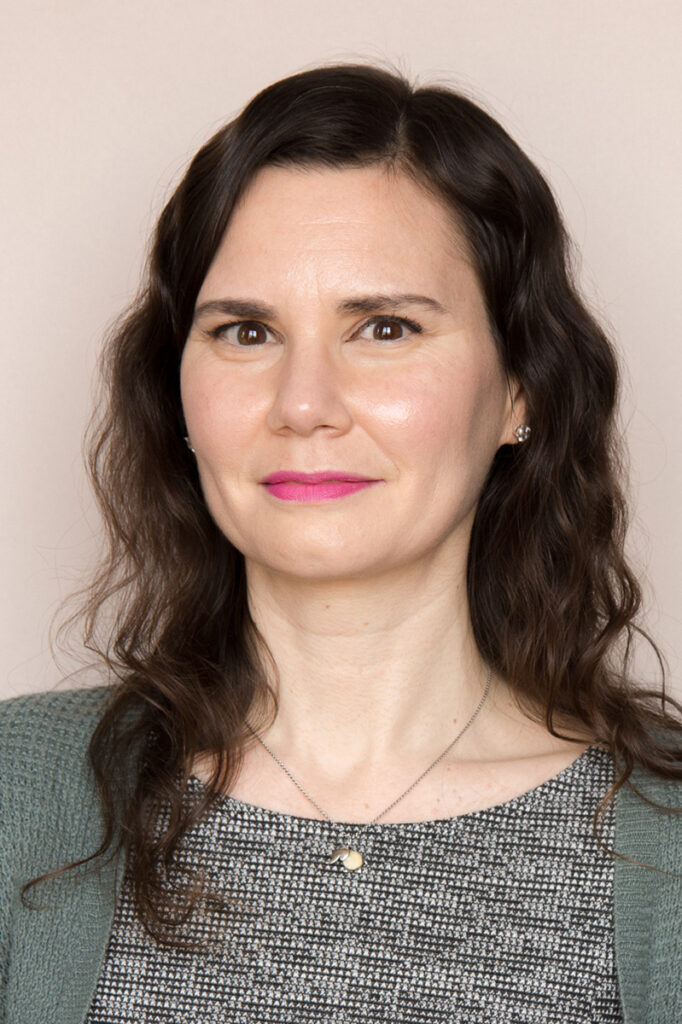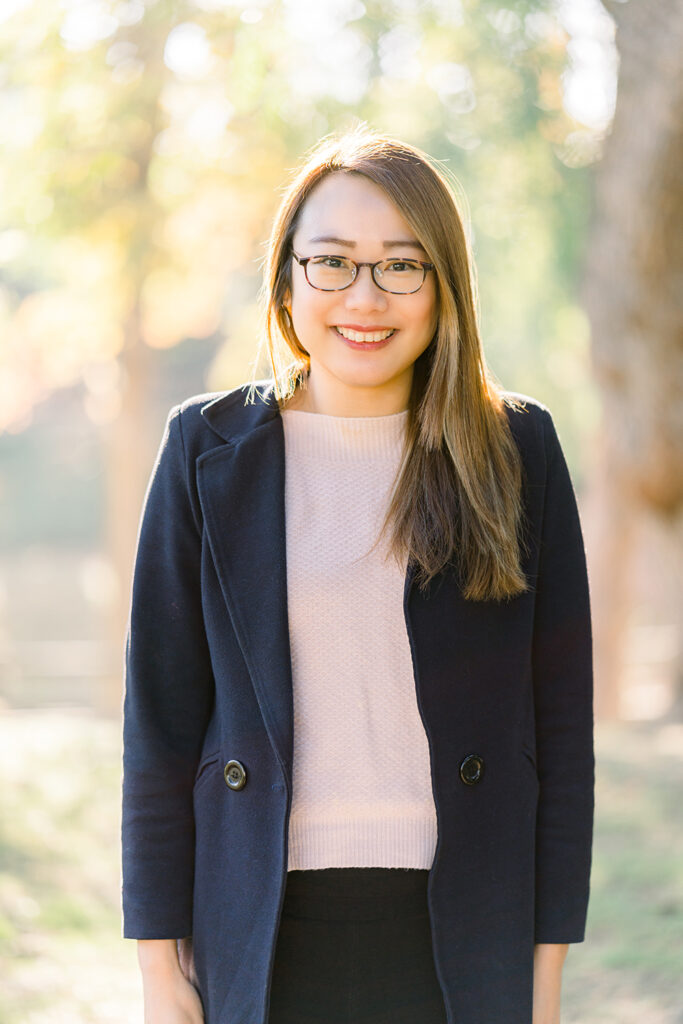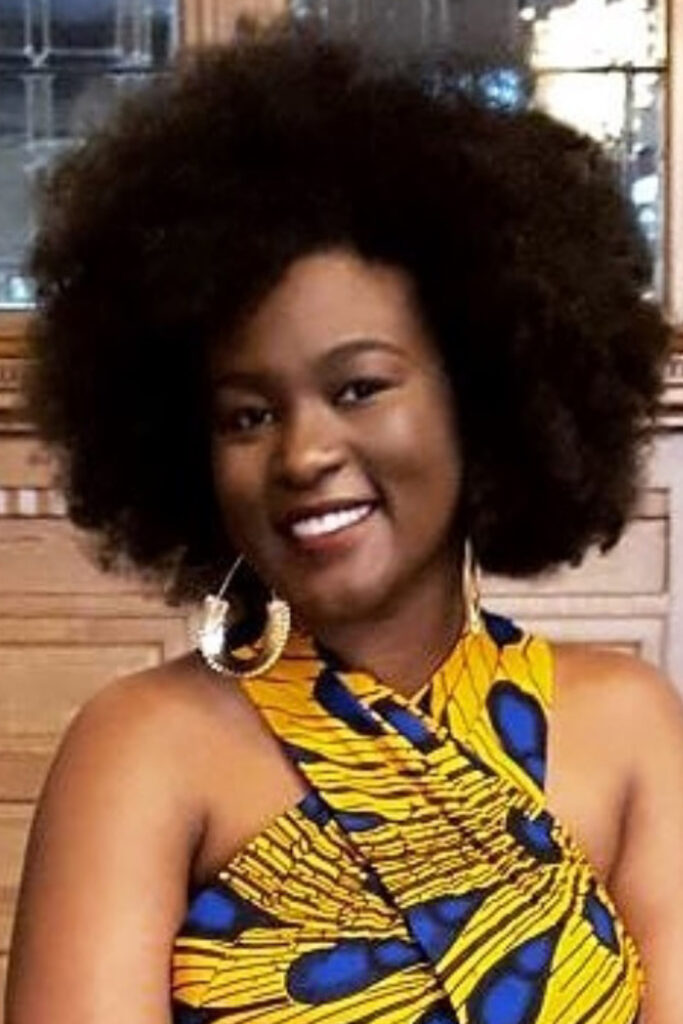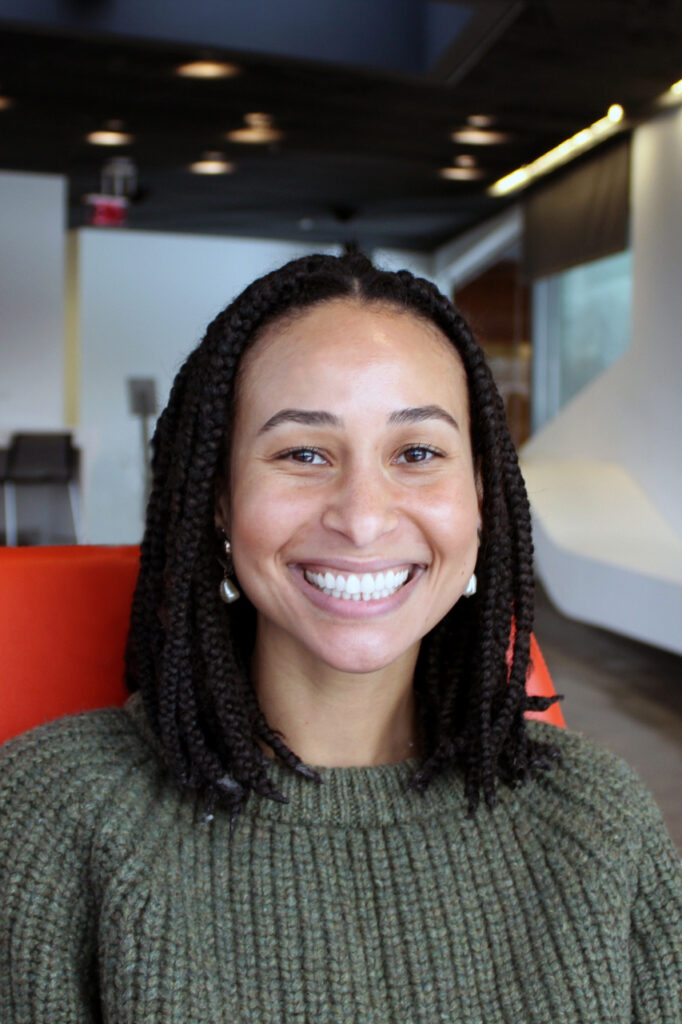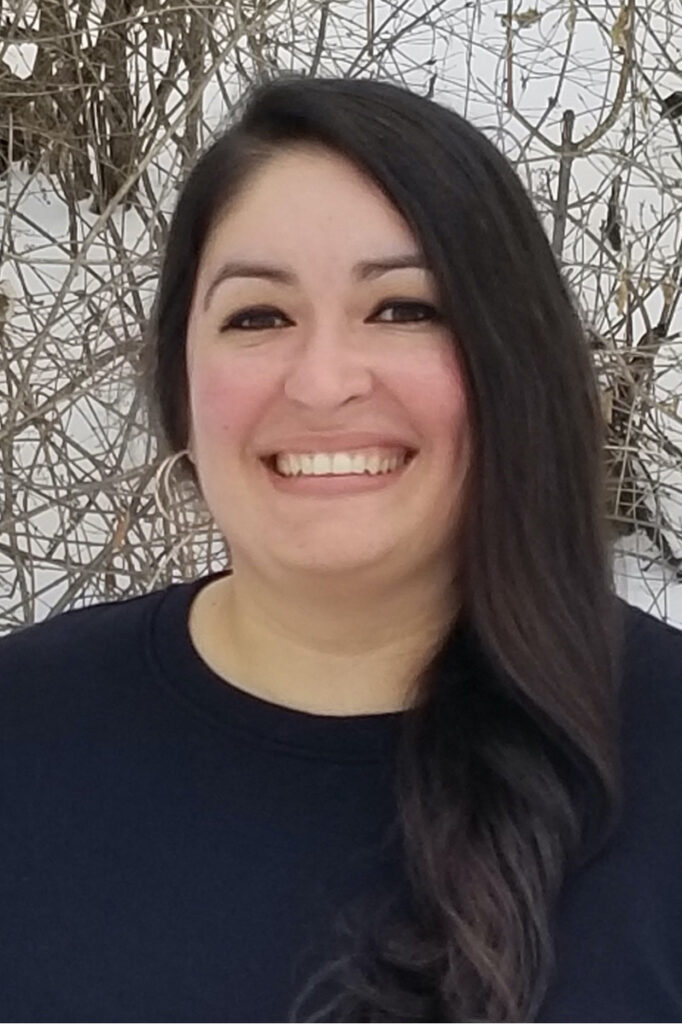Stanford announces 2023-26 IDEAL Provostial Fellows
Five early-career scholars will contribute to Stanford’s research and teaching related to race and ethnicity.
Five early-career scholars in the study of race and ethnicity will join the Stanford community for three years beginning in fall 2023 as part of the IDEAL Provostial Fellows program. Launched in 2021, this novel program is designed to support the work of promising early-career researchers who will lead the next generation of scholarship in race and ethnicity.
The five scholars – Jennifer Alpert, Ariel Chan, Safyer McKenzie-Sampson, María Del Socorro Velázquez, and Sarah Riley – will join the first two cohorts of fellows who have been appointed since the program began.
“I’m pleased to welcome this year’s cohort of IDEAL Provostial Fellows to Stanford,” said C. Matthew Snipp, vice provost for faculty development, diversity and engagement. “They were selected for their impressive research in their fields and for their commitment to improving our society. I know they will contribute much to Stanford and beyond – ultimately, we hope their work will help us rethink and reshape race relations in this country.”
The 2023-26 fellows will work within Stanford schools and departments, where they will have a mentor selected from among Stanford’s Academic Council faculty. Each fellow will teach one course per year while expanding on their research. The IDEAL fellows also will help organize a major Stanford conference that will bring together scholars at the forefront of the study of race and ethnicity. This year’s conference, organized by the 2022-25 cohort, is scheduled for Oct. 12 and 13.
The IDEAL Provostial Fellows program was established by Stanford Provost Persis Drell to increase the amount of research and teaching related to race and ethnicity at Stanford, as well as nationally.
“One of the goals for this program is to provide a pathway to help diversify the national professoriate,” said Snipp. “In fact, some of our IDEAL fellows have already accepted faculty positions at Stanford and other institutions.”
Short profiles of the 2023-26 fellows follow.
Jennifer Alpert, Division of Literatures, Cultures and Languages and Department of Iberian and Latin American Cultures
Jennifer Alpert is a film scholar interested in how cinema and media address and represent marginalized groups, with a focus on human rights in Latin America and its U.S. diaspora. Her research interests include the cinemas of Latin America, race and gender in Hollywood, genre, popular animation, colonialism and decolonial visual representation and theory, and migration in film.
She received her PhD in film and media from the University of California, Berkeley, in 2021. Since then, she has held a faculty appointment at Harvard University in the Committee on Degrees in History & Literature, where she has taught courses in Latin American and ethnic studies and advised undergraduate and graduate theses.
She has worked in the Hollywood film industry, including at Pixar Animation Studios and the Academy of Motion Picture Arts and Sciences, aiming to increase Latin American and Latinx representation in popular media. She currently serves as an advisor for the UCLA Film and TV Archive’s global cinema project Science Fiction Against the Margins.
Ariel Chan, linguistics
Ariel Chan’s scholarship intersects the disciplines of bilingualism, heritage and second language acquisition, psycholinguistics, sociolinguistics, and interactional linguistics. Her research is centered on studying bilingualism in its own right, examining bilinguals’ language and cognitive development as a proper cultural form rather than an exception from white monolingual English norms.
She received her PhD in East Asian linguistics from the University of California, Los Angeles (UCLA). Her dissertation research has been supported by a Mellon/ACLS Dissertation Completion Fellowship from the American Council of Learned Societies and a Doctoral Dissertation Research Improvement Award from the National Science Foundation.
She has also received multiple competitive intramural awards at UCLA, including a Dissertation Year Fellowship, a Hiroshi Wagatsuma Fellowship, a Sasakawa Graduate Fellowship, a Dissertation Fieldwork Fellowship for International Studies, and a Teaching Assistant Award for Excellence in Teaching.
Safyer McKenzie-Sampson, medicine
Safyer McKenzie-Sampson is a PhD candidate in epidemiology and translational science in the School of Medicine at the University of California San Francisco. Her research explores how exposure to structural and interpersonal racism during pregnancy and the postpartum period influences the risk of adverse perinatal outcomes in Black communities, with the goal of translating findings into interventions to increase birth justice.
Safyer’s dissertation investigated neighborhood-level structural racism as a risk factor for preterm birth and small-for-gestational-age birth among American- and African-born Black women currently residing in California.
She joins the School of Medicine’s Department of Pediatrics.
Sarah Riley, communication
Sarah Riley is an information science PhD candidate at Cornell University, where she studies municipal algorithmic systems, race and racism, and inequality.
Her dissertation focuses on the administration of pretrial risk assessments in Virginia. She uses a mixed-methods approach to understand how human discretion in the pretrial process – particularly on the part of pretrial officers – affects risk scores, pretrial detention decisions, and life outcomes for accused people.
Her interest in municipal algorithmic systems arose while working at the New York City Department of Education to re-engage out-of-school youth and volunteering for the Dignity in Schools Campaign, a national coalition working to dismantle the school-to-prison pipeline.
Her research is funded by the Microsoft Research Ada Lovelace Fellowship, the MacArthur Foundation, and UCLA’s Center for Critical Internet Inquiry. She also holds a master’s in public policy from the University of California, Berkeley, and a BA from Amherst College.
María Del Socorro Velázquez, education
Through her research, María Del Socorro Velázquez investigates the systems, structures, and processes that shape inequities in schools and communities. She also looks at how educators, families, and community members contest and disrupt inequities in schools and neighborhoods.
As a community-engaged scholar, Velázquez is actively working to expand the ways in which her scholarship and service align. She aims to bridge relevant and rigorous research with ongoing efforts to shape critical policies and practices toward transformative futures for minoritized and low-income youth and families.
Velázquez’s current research examines the connections between housing, educational policy, and place. She is a PhD candidate in the Department of Educational Policy Studies at the University of Wisconsin-Madison. She also holds an MA in Educational Policy from UW-Madison and a BA in Ethnic Studies from the University of California, Berkeley.
About the IDEAL Provostial Fellows Program
The Provostial Fellows Program is part of the IDEAL (Inclusion, Diversity, Equity, Access in a Learning Environment) initiative, a set of university-wide efforts designed to create a culture of inclusion, access, equity, and belonging that infuses all areas of the university.
Each year, cohorts of four to five recent PhD recipients are selected for the program by a committee of Stanford faculty and appointed by the provost to a three-year term. Fellowships may be in any school of the university. To date, Stanford has recruited 15 scholars to the IDEAL Fellows Program, representing a wide variety of fields.
Read more about the IDEAL Provostial Scholars Program on the Office of the Vice Provost for Faculty Development, Diversity and Engagement website.
